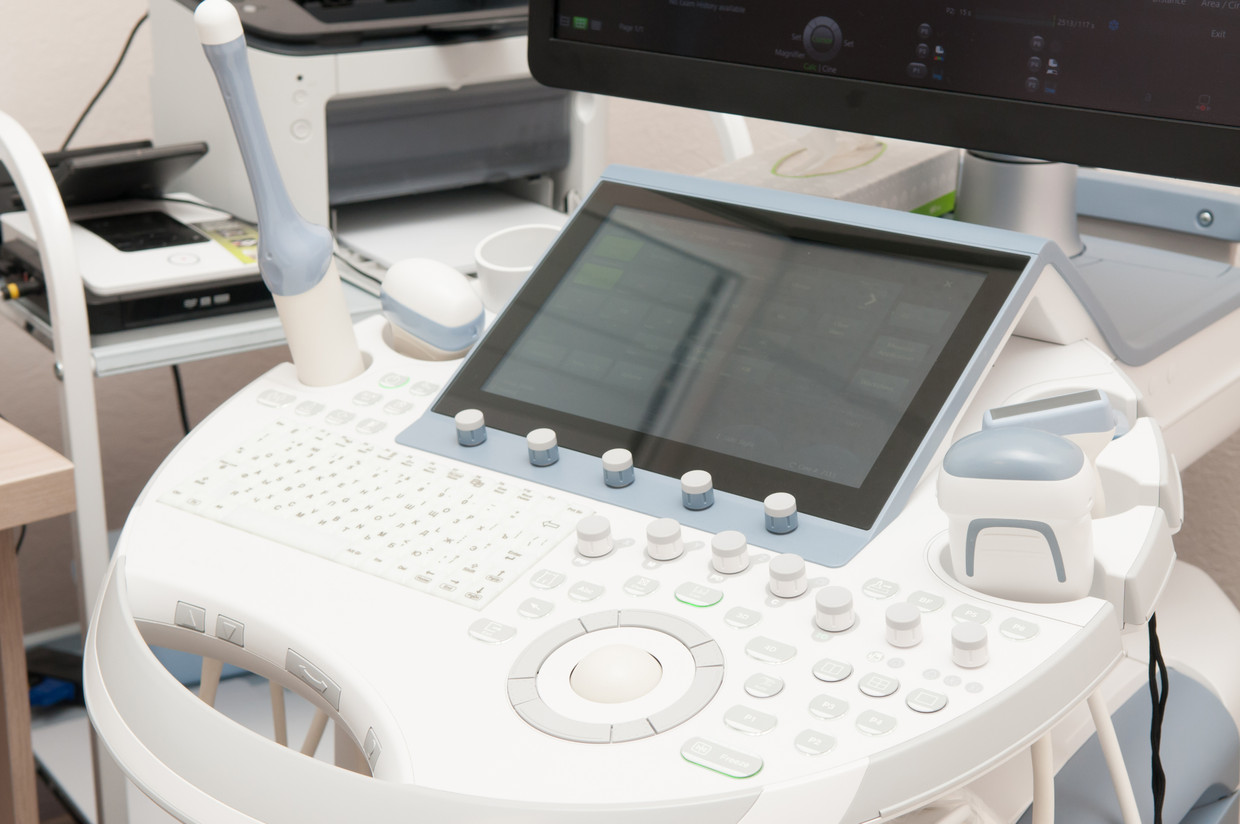The Transition of Doppler Devices from Analog to Digital
Doppler devices have been a vital tool in healthcare for decades, providing medical professionals with critical information about blood flow, heart rate, and fetal health. As technology has advanced, so too have these essential devices. We’ll discuss the transition of Doppler devices from analog to digital and their impact on healthcare.
A Brief History of Doppler Devices
Japanese physicist Shigeo Satomura first introduced the concept of using ultrasound to detect blood flow in the 1950s. By the 1960s, analog Doppler devices had become a staple in healthcare, allowing medical professionals to monitor blood flow and detect potential issues. These early devices, while revolutionary at the time, had limitations.
The Limitations of Analog Doppler Devices
Analog Doppler devices relied on a continuous wave of ultrasound to detect blood flow. While this technology was effective, it had several drawbacks, including:
- Limited range and sensitivity
- Susceptibility to interference from other electronic devices
- Difficulty in distinguishing between different types of blood flow
- Lack of digital signal processing capabilities
Despite these limitations, analog Dopplers remained the standard for decades, providing valuable information to healthcare professionals.
The Shift to Digital Doppler Devices
As digital technology advanced, Doppler devices began to evolve. Digital Dopplers address many of the limitations of their analog predecessors, offering several key advantages, including:
- Improved accuracy and sensitivity
- Reduced interference from other electronic devices
- Enhanced signal processing capabilities
- Ability to distinguish between different types of blood flow
- Improved user interface and data display
These advancements have led to more accurate diagnoses, better patient outcomes, and a more user-friendly experience for healthcare professionals.
The Impact on Healthcare
The transition from analog to digital Doppler devices has had a significant impact on healthcare. With improved accuracy and sensitivity, medical professionals can now detect potential issues earlier, leading to more timely interventions and better patient outcomes. Digital Dopplers have also made it easier to monitor fetal health, providing expectant parents with peace of mind during pregnancy.
Cascade Health Care's State-of-the-Art Doppler Devices
At Cascade Health Care, we understand the importance of accurate, reliable Doppler devices in modern healthcare. Our state-of-the-art digital Dopplers are designed to provide medical professionals with the tools they need to deliver exceptional patient care.
Our fetal Dopplers, in particular, are renowned for their accuracy, ease of use, and advanced features. With high-sensitivity probes, clear audio output, and intuitive displays, our devices make it easy to monitor fetal health and detect potential issues early.
The transition from analog to digital Doppler devices has been a game-changer in healthcare, providing medical professionals with more accurate, reliable tools for monitoring blood flow and fetal health. As technology continues to advance, we can expect to see even more innovations in this field, leading to better patient outcomes and a brighter future for healthcare.
If you're a medical professional or midwife looking for high-quality fetal Dopplers, look no further than Cascade Health Care. Check out our selection today so that you can provide exceptional care for your patients and loved ones.
Recent Posts
-
Exploring Recent Innovations in Doppler Signal Processing
Doppler technology has become an essential diagnostic tool in modern medicine, enabling healthcare p
-
Exploring Recent Innovations in Doppler Signal Processing
Doppler technology has become an essential diagnostic tool in modern medicine, enabling healthcare p


